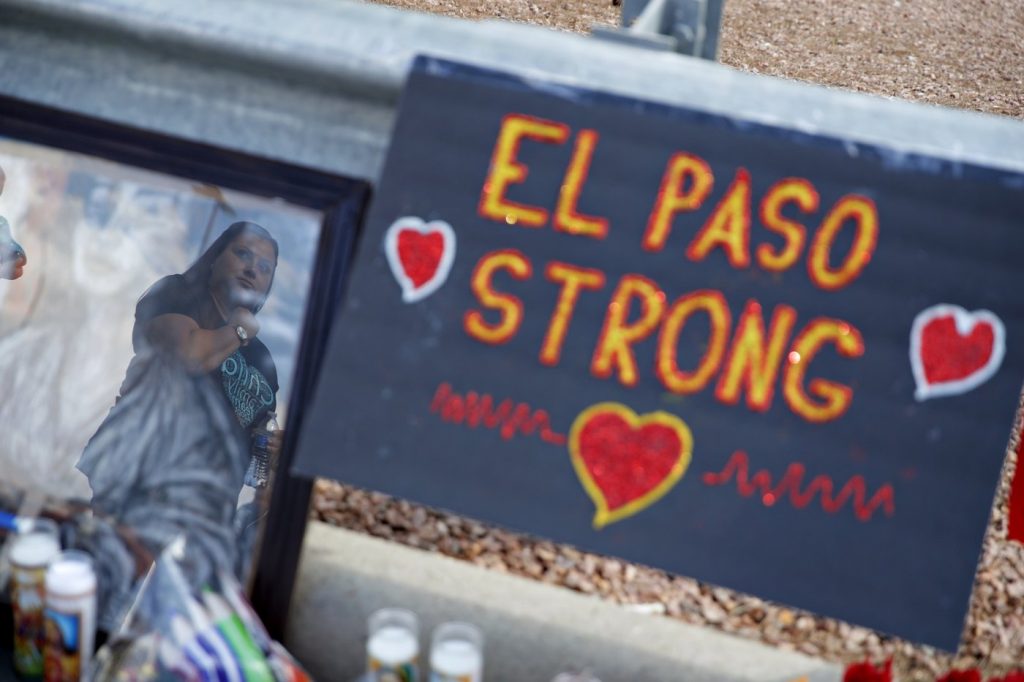DALLAS (AP) The long-running criminal case against Patrick Crusius, the Texas gunman responsible for the tragic killing of 23 individuals in a racially motivated attack at a Walmart in El Paso, Texas, in 2019, is nearing its conclusion. On the upcoming Monday, Crusius, 26, is anticipated to plead guilty to capital murder, leading to a life sentence without the possibility of parole. El Paso County District Attorney James Montoya confirmed last month that he has offered Crusius a plea deal, which spares him from facing the death penalty on state charges.
In a federal court, Crusius has already been sentenced to 90 consecutive life sentences following a guilty plea in 2023 for hate crime and weapons charges. Under the Biden administration, federal authorities removed the option of the death penalty from the table concerning this case.
Following his sentencing on state charges, Crusius will serve his time in a state prison. He was initially arrested by local law enforcement and, upon sentencing, will be transferred into the custody of the Texas Department of Criminal Justice, as stated by a spokesperson for the Federal Bureau of Prisons.
The deadly attack took place on August 3, 2019, when Crusius, then 21 years old, drove over 10 hours from his residence in suburban Dallas to El Paso. Upon arrival, he opened fire at the Walmart store, a location frequented by shoppers from both Mexico and the United States. According to prosecutors, Crusius was equipped with earmuffs to muffle the sounds of gunfire as he began his assault in the parking lot before entering the store and firing his AK-style rifle at terrified shoppers. There, he cornered patrons at a bank near the entrance, resulting in nine fatalities, and continued his attack through the aisles, ultimately also targeting a passing vehicle, leading to the death of an elderly man and injuring his wife.
After the shooting spree, Crusius was apprehended shortly thereafter and confessed to officers that his actions were motivated by a desire to target Mexicans. Just before the shooting, he had made a post on an online message board declaring the attack as a response to what he referred to as the “Hispanic invasion of Texas,” voicing concerns that Hispanics would overrun the government and economy.
In a disturbing display of racial motivation, his social media activity revealed a preoccupation with the immigration debate, even posting hashtags like #BuildtheWall and endorsing the stringent border policies of then-President Donald Trump. Following the attack, Crusius admitted to targeting Hispanic individuals in his assault.
Defense attorney Joe Spencer described Crusius as “an individual with a broken brain,” citing a diagnosis of schizoaffective disorder, which can involve hallucinations, delusions, and mood swings. This description has added a layer of complexity to the legal proceedings surrounding the case.
The victims of the attack ranged dramatically in age, from a 15-year-old high school athlete to elderly individuals, including immigrants and Mexican nationals on routine shopping trips. Among the victims were Jordan Anchondo and Andre Anchondo, who tragically lost their lives while shopping with their two-month-old child, Paul, who survived thanks to the heroic actions of his parents shielding him from the gunfire.
Another victim, Guillermo “Memo” Garcia, succumbed to his injuries nearly nine months later, raising the death toll to 23. His wife, Jessica Coca Garcia, who was also shot but survived, publicly expressed her feelings about racism in the aftermath of the shooting, stating she had wished it didn’t exist.
As for the prolonged legal battle, District Attorney Montoya noted that the decision to offer a plea deal stemmed from a desire to conclude the case, as many families of the victims were eager for resolution. However, he acknowledged that not all families agreed with this decision. Montoya emphasized his support for the death penalty and conviction that Crusius deserved it, yet noted that pursuing the death penalty would have likely delayed a trial until 2028, following significant disruptions caused by the pandemic and changes in district attorneys overseeing the case.
This case continues to resonate deeply within the community, highlighting issues of racism and gun violence in America, and the journey towards justice for the victims and their families is slowly reaching its endpoint.










